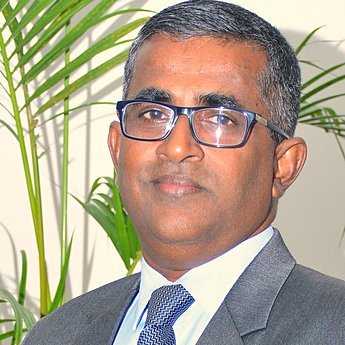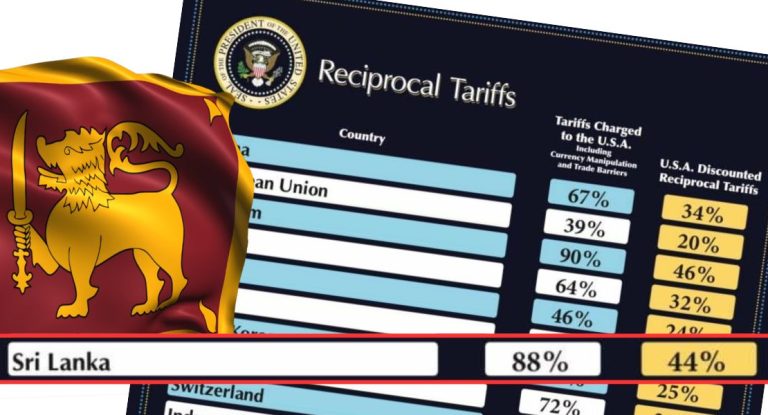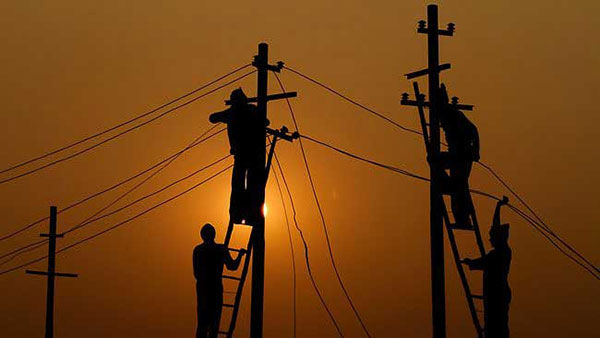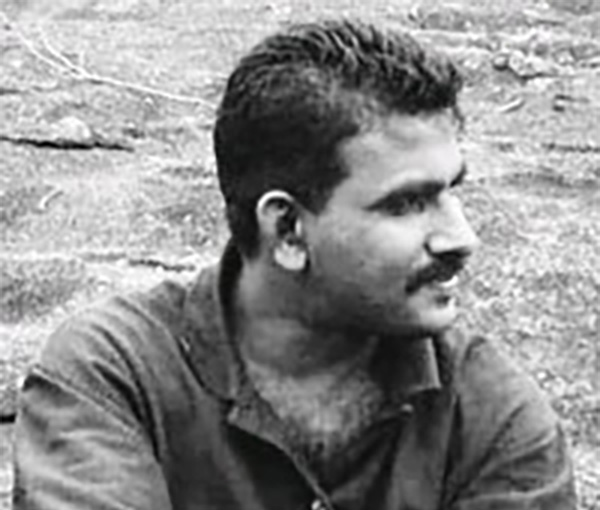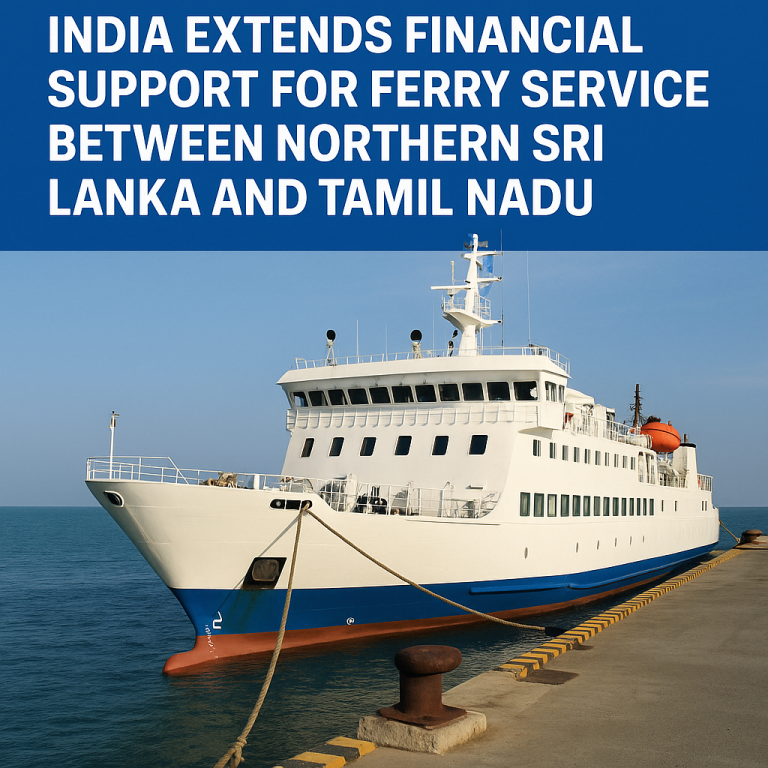In a recent interview, Senior Journalist K. W. Janaranjana shed light on the long-standing issues surrounding the Prevention of Terrorism Act (PTA), initially enacted as a temporary measure in 1979 in Sri Lanka. Initially promised as a three-month ordinance, the PTA was made permanent in 1982 and has since been a subject of significant controversy.
Janaranjana criticizes the act for its draconian nature, arguing that it has strayed far from its original intent to curb terrorism, instead becoming a tool for political repression. “The Prevention of Terrorism Act is, in legal parlance, a cruel, inhuman act,” Janaranjana stated. He highlighted how the act has been utilized to suppress the Tamil community’s struggle for rights and subsequently misused against journalists, poets, and writers, particularly targeting minority groups.
One poignant example provided was the arrest of journalist Tissanayagam, who faced severe repercussions under the PTA for merely expressing his views in an article. This instance underscores the act’s broad scope, which, according to Janaranjana, allows for the detention and punishment of individuals based on vaguely defined criteria of terrorism.
The act’s expansive powers have not only stifled freedom of expression but have also facilitated a culture of impunity within the police force, described by Janaranjana as “undeveloped, unprofessional, and brutally working” under political influence. This has led to numerous instances where journalists and writers are detained without substantial evidence, often unable to secure bail and subjected to long, oppressive trials.
Amidst these concerns, the government’s plans to introduce new legislation such as the Online Safety Act and the Broadcasting Authority Act have further alarmed advocates of free speech, suggesting a continued trend toward limiting public discourse.
Janaranjana calls for a reevaluation of the PTA, suggesting that existing laws such as the Penal Code could be amended to address terrorism without the need for a separate, more oppressive act. He advocates for a new law that aligns with international humanitarian laws and standards to protect human rights more effectively.
Furthermore, he urges the public, especially journalists and media personnel, to resist self-censorship and continue advocating for the rights of all communities. Janaranjana emphasizes the role of citizens in challenging oppressive laws, and encouraging collective action and legal support for those affected.
As Sri Lanka approaches an election year, Janaranjana stresses the importance of questioning political candidates about their stance on the PTA and other repressive laws, suggesting that the electorate’s decisions should reflect their commitment to abolishing such legislation.
This call to action resonates with a broader movement towards safeguarding freedom of expression and human rights, demanding urgent legislative reforms to ensure that the laws protect the citizens rather than oppress them.

